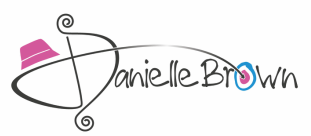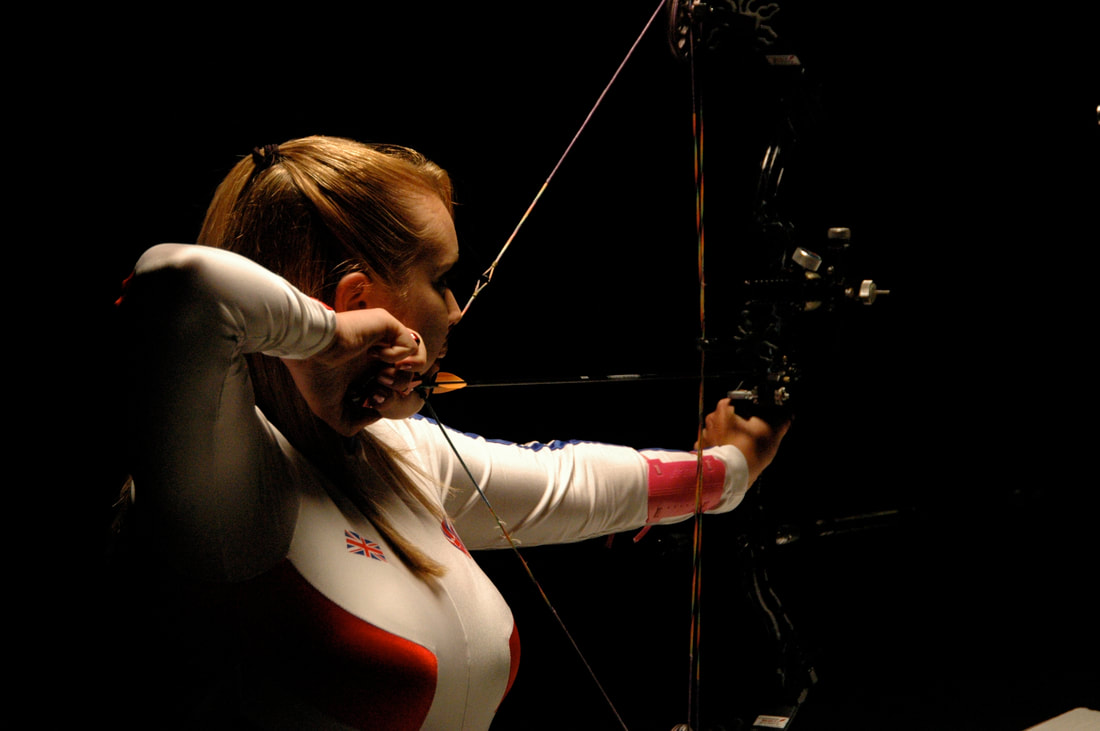|
Communicating our ‘why’ has become super popular. It’s the purpose behind our behaviours, it’s the inspiration for our actions and it sets us apart from everybody else. When we can clearly articulate ‘why’ we are trying to achieve something then it not only gives us a lot more clarity around our vision, but it’s much easier to get other people excited and engaged about what we want to achieve.
Understanding your ‘why helps us to make sense of our purpose in life and come up with a plan to deliver it. However, it is far more powerful to go upstream of this and start by looking at the ‘who’. To really get to know yourself at an identity level. Your identity is so deeply, fundamentally personal to you. The beautiful thing about humanity is the endless spectrum of differences that it has to offer. The only thing that makes us the same is that we are all different, and your identity sits at the core of who you believe you are. This is about your true self; a complex jigsaw with many pieces, each one contributing to the whole. You are more than just a job role, a label, or the sum of your past. You are a wonderfully complicated being with valid hopes and dreams, and how we see ourselves in the present is a reflection of who we have been in the past and who we want to be in the future. In order to be the best at anything – the best athlete, the best professional, the best partner and so on – you need to be the best at being yourself. Only then can you become the most valuable person to the world you operate in. Reflecting, exploring and discovering who we are at the deepest level brings with it some pretty radical benefits. Having a clear sense of our identity affects how we live our lives – how we think, how we feel, how we behave. When we see ourselves for who we truly are and embrace all our strengths, flaws and capabilities we gain clarity and direction. This is the first step to living a more authentic life. It allows you to stay true to your values, pursue the things that are meaningful to you and helps you make the choices that are consistent with your definition of success. It’s the golden key that unlocks our potential and enables us overcome limitations. And answering questions about the WHY, WHAT and HOW become much easier. When you understand WHO you are, you are able to really clearly understand and articulate WHY you want to pursue certain causes and then work out HOW you are going to get there. I like to think of identity as a fountain; when we start focusing on who we are at an identity level it cascades down across all other areas, affecting our drivers, our belief system, the choices we make and how we communicate our vision. So how do we figure out who we truly are? Understanding Your Identity This involves digging deep and developing a global understanding of what it means to be you. It’s the traits and characteristics that make you who you are. It’s your values, beliefs and passions. It’s your purpose, abilities and behaviours. It’s your strengths and your weaknesses, your roles and responsibilities. It’s the life experiences that have created the person you are today, and it’s the choices that you make every day. Try to capture the essence of who you are. Like any self-awareness activity, it’s important to come at this from a non-judgmental place and assess yourself objectively rather than attaching criticism or value judgements. Choosing Your Identity Our identity is not permanent, fixed or unchangeable. It’s not the sum of our past or something that constrains who we are. Sometimes our identity can be quite limiting, especially if we have developed negative thoughts about ourselves. We get to choose who we want to be and what we want to do with our lives. Take any goal – instead of looking at what you want to do, focus on who you want to be. This shift in mindset makes it easier to develop the habits and behaviour change that are required to help you get to goal. Understanding our identity is a revolutionary step forward, and one that encourages us to start living more authentically. When our behaviour is aligned with the fundamental core of who we are we are on our way to becoming unstoppable.
0 Comments
Have you ever had your life turned upside down? Things are going great, then something gets flung your way that you never expected? Yep, that happened to me… I had this awesome sports career that just got better and better. It was a bit of a whirlwind really. I started archery on my fifteenth birthday, made the Great Britain team three years later and jumped straight in as World Number 1. Year on year I outdid myself. World records, world titles, world firsts. I pushed the boundaries of my potential and redefined what I thought I was capable of. Whenever I am asked about the important factors that lead to success in sport it can unreservedly be summed up in one word: passion. If you love what you do then you’re going to want to put in however much time and effort it takes to achieve scary, big goals. Passion is the thing that inspires you to keep striving for better. It ensures you keep learning and evolving, and think up creative strategies to drive performance. It’s your motivation to find a way around the obstacles that inevitably crop up and stops you from walking away when things get impossibly tough. And I was passionate about my sport. I poured my heart and soul into it. Archery had changed my life in such a profound way, empowering me to live life on my terms when I became disabled. This was my purpose, my reason for getting up in the morning. And I was good at it. But then something happened that I couldn’t prepare for. The International Paralympic Committee changed the rules around classification. Whilst I’d always passed this with flying colours, under the new rules it was decided that my disability did not affect my ability enough. And that was it. I was no longer allowed to compete as a Paralympian. Overnight I lost everything. My sport. My purpose. My way of life. My identity. My life came crashing down and I quickly moved from shock to disbelief. The classifiers saw what I wanted the outside world to see and didn’t understand just how limiting my condition was, so I contested it. I appealed and protested, and I got nowhere. Failing again was almost worse than the first time. I felt angry, frustrated and alone. Lost. But life moves forward whether you want it to or not. My only option was to adapt to the situation. I could do nothing about the classification decision, but I could control my response to it. Instead of focusing on all the things I had lost, I focused on what I had left. I needed to find a new purpose, one that I was just as passionate about as my sport. And that’s exactly what I did. I reinvented myself, set up a speaking, training and coaching business – and I absolutely LOVE what I do now. Life doesn’t always go to plan, but we are all capable of breaking through barriers. When you’re thrown a curveball here are three things that you can do: 1. PerspectiveWhen stuff goes wrong it’s usually accompanied by an emotional response, making us feel pretty rubbish about ourselves and the situation. Emotions are healthy and we don’t want to switch them off, but we don’t want them to interfere in any decision-making processes either. When we’re thinking emotionally, we aren’t always able to see things with clarity. Putting things into perspective allows us to respond better. Acknowledging your emotions and practicing self-compassion is important, then take some time to reflect on the situation and the reality of it. 2. FocusWhen we hit barriers our focus is often drawn to the ‘why?’ We want to find a way to rationalise the experience and understand how it happened to us. However, this keeps us stuck in the past. There might be a few important lessons to be learned, but in order to move forwards we need to shift our focus away from what happened to what we’re going to do about it. It’s much more impactful to think about solutions rather than trying to explain away the problem. 3. Choose the right responseWe always have a choice, even when we’re faced with adversity. It’s not what happens to us, but how we choose to respond to that situation. We can give up or we can pick ourselves up. Taking ownership of the situation and focusing on the things you can do something about puts the ball back in your court. Pushing through adversity isn’t easy. It can be a very lonely place, but remember you are never alone. Your support network is there to help, offering encouragement and guidance. They can help you manage your emotions, act as a sounding board to bounce ideas off and hold you accountable for actions you decide to take. I can’t begin to explain how many people have helped me (and still do!) through the adversities I’ve faced in my life, giving me a fresh perspective and allowing me to tackle challenges better. Categories All |
Details
Categories
All
|
|
Contact Danielle at [email protected]
|


 RSS Feed
RSS Feed